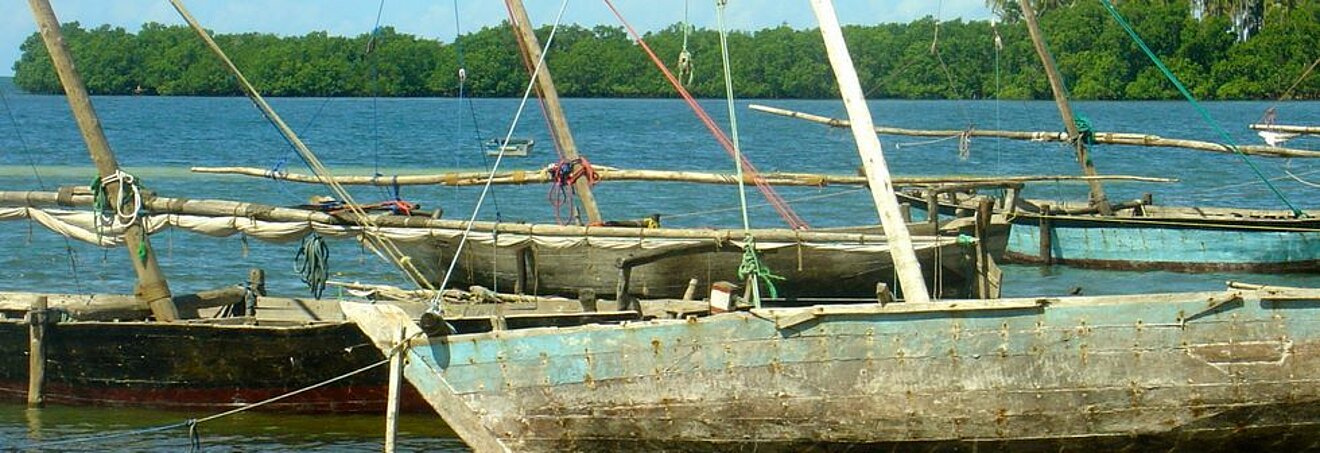Consumption of sea turtle meat is prohibited in Tanzania, although it remains a common practice. As well as being popular as food, sea turtle meat is also believed to have medicinal properties and is used to treat asthma, ear ache and stomach ache. However, sea turtle meat can be fatal to humans because of toxins that accumulate in the flesh of the turtle. The toxins are present in sponges, seaweed and algae that form part of a sea turtle’s diet, but they are not harmful to the turtle. There are no external signs that turtle meat is toxic.
In November and December 2021, there were multiple fatalities in Zanzibar following two incidences of sea turtle meat consumption. Both incidents were widely reported, nationally and internationally:
Tanzania: Seven die in Zanzibar after eating poisonous turtle meat - BBC News
Poisonous turtle meat kills four, 47 hospitalised in Zanzibar - Monitor
Reports from coastal communities in Tanzania suggest that human fatalities from consumption of sea turtle meat occur on an annual basis. We are aware of two other incidents this year, one in Kilwa in January and another in Songo Songo in June. However, details of fatalities including the species of turtle consumed, and the onset and progression of symptoms are often undocumented.
Following these tragic incidents, Sea Sense was invited to speak on a national news programme and provide information to the public about the risks of eating sea turtle meat. Sea Sense is continuing to work with the media to raise further awareness about this issue and we are producing education materials for distribution in coastal communities.










